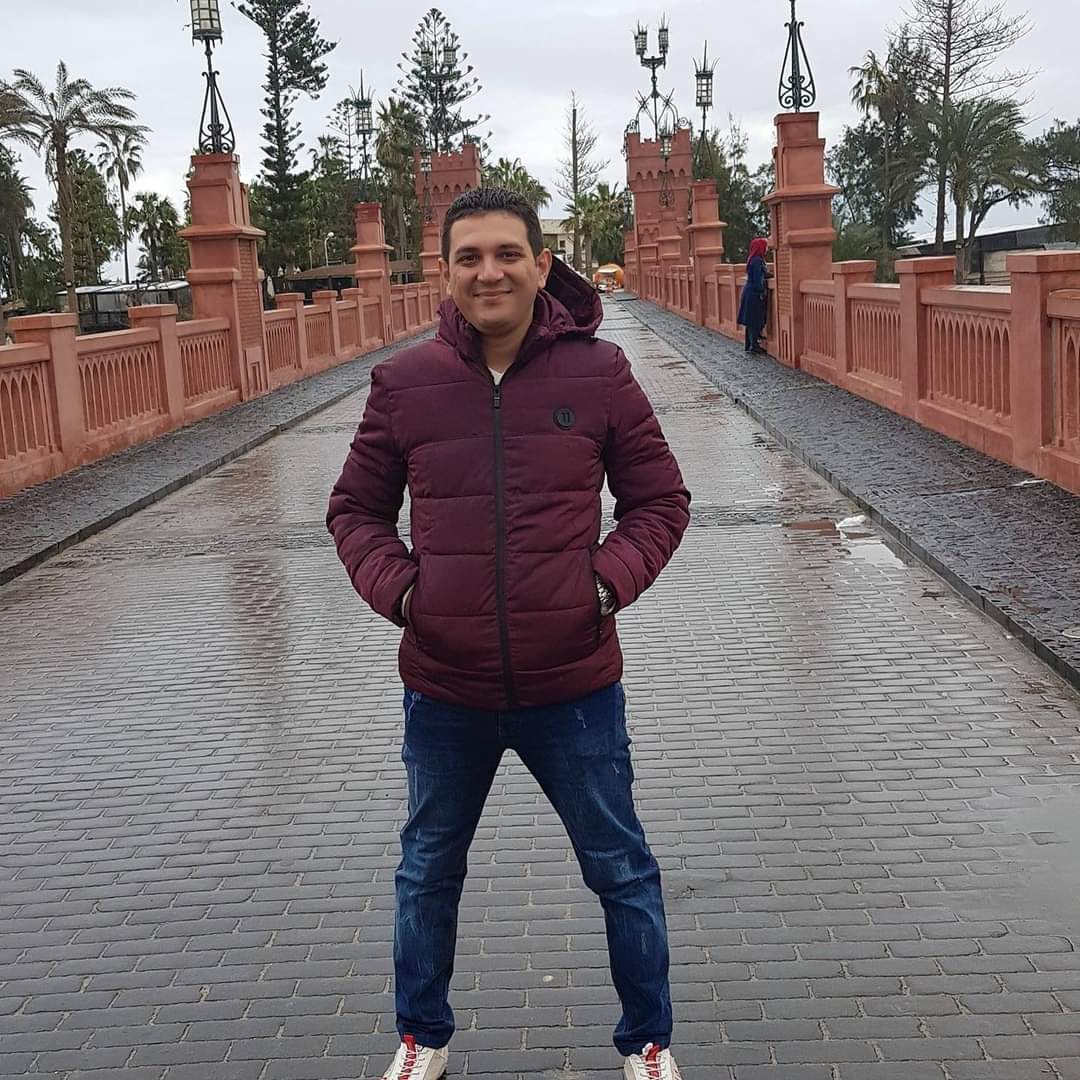God of War: Ragnarok – A Norse Epic of Growth, Fate, and Fatherhood
God of War: Ragnarok is the critically acclaimed sequel to 2018’s God of War, continuing the emotional journey of Kratos and his son Atreus in a narrative deeply rooted in Norse mythology. Developed by Santa Monica Studio and released in November 2022, Ragnarok masterfully combines epic action, character development, and mythological storytelling. It pushes the boundaries of what a narrative-driven action-adventure game can be, elevating the franchise while exploring complex themes such as destiny, redemption, and the burden of parenthood.
A Continuation of the Norse Saga
The game picks up a few years after the events of the 2018 reboot, in a realm blanketed by the eternal winter of Fimbulwinter, signaling the coming of Ragnarok—the prophesied end of the Norse world. Kratos and Atreus are hiding away in their home, but their peace is shattered when Thor and Odin arrive, setting off a chain of events that propels them toward their foretold destinies.
Unlike previous entries in the series, Ragnarok places an even greater emphasis on storytelling and character relationships. The journey is not just a fight against gods and monsters but a struggle to understand and possibly defy the roles fate has written for its characters.
Themes of Fate and Free Will
One of the central themes of God of War: Ragnarok is the conflict between fate and free will. Atreus, having learned of a prophecy that seemingly determines both his and Kratos’ fates, is obsessed with understanding and possibly rewriting their destinies. Kratos, on the other hand, is wary of prophecies and prefers to forge his own path, driven by experience and loss.
This theme is particularly poignant considering Kratos’ own history. Once the embodiment of rage and vengeance in Greek mythology, Kratos now seeks peace, purpose, and redemption in the Norse world. His evolution from a god-slayer to a father who just wants to protect his son from making the same mistakes is at the heart of Ragnarok’s emotional core.
The Complexity of Fatherhood
Kratos’ journey in Ragnarok is not only about gods and wars, but about growth—especially in his role as a father. Unlike earlier games where Kratos was emotionally distant, here we see a man trying, sometimes awkwardly, to connect with his son. Atreus, no longer a child, challenges his father, questions him, and seeks his own identity. Their relationship mirrors a real-life dynamic of a parent learning to let go while still offering guidance.
The game beautifully captures the tension between protection and freedom. Kratos wants to shield Atreus from the world, while Atreus wants to explore it—even if that means making mistakes. Their dialogue, supported by stellar voice acting, is layered with emotion, showcasing growth on both sides.
Expanding the Nine Realms
Ragnarok also builds on its predecessor’s world by allowing players to explore all nine realms of Norse mythology, each with distinct environments, cultures, and creatures. From the fiery depths of Muspelheim to the icy expanse of Niflheim and the lush forests of Vanaheim, each realm feels alive and significant.
The world-building is exceptional. The game doesn’t just name-drop gods or creatures; it brings them to life with unique personalities and motivations. Characters like Freya, Tyr, and Odin are not simply plot devices—they have complex arcs, personal conflicts, and emotional depth that add richness to the story.
Odin, in particular, stands out as a charismatic and manipulative antagonist. Unlike the wrathful gods of previous God of War games, Odin is cerebral and cunning, using knowledge and persuasion as much as force. His dynamic with both Atreus and Kratos is a driving force in the narrative.
Gameplay and Combat Evolution
While the story is the emotional core of God of War: Ragnarok, its gameplay remains deeply satisfying. Combat builds on the mechanics of the 2018 game, retaining the weighty, visceral feel of the Leviathan Axe and Blades of Chaos while adding new abilities, weapons, and companion mechanics.
Atreus, for instance, is much more capable in battle, and players even get to control him during specific parts of the game. This duality in gameplay not only adds variety but also reflects the narrative theme of a growing partnership.
Boss fights are more varied and challenging, with enemies that require strategy and adaptation. The game also features a more open-world structure in several realms, offering side quests (or “Favors”) that enhance the lore and character development.
One of the standout elements is the use of environmental puzzles and traversal, which breaks up the action and encourages exploration. These segments are often seamlessly woven into the narrative, revealing more about the world or the characters’ relationships.
Cinematic Presentation and Sound Design
From a technical standpoint, Ragnarok is a visual and auditory masterpiece. The one-shot camera technique returns, keeping the entire game in a single continuous shot without cuts or loading screens. This cinematic style draws players deeper into the experience, maintaining immersion throughout.
The musical score by Bear McCreary is both epic and intimate, perfectly matching the emotional beats of the story and the grandeur of the battles. Voice performances by Christopher Judge (Kratos) and Sunny Suljic (Atreus) are particularly noteworthy, delivering nuanced and powerful portrayals.
Mythology Reimagined
One of the most compelling aspects of Ragnarok is how it reinterprets Norse mythology. While it stays rooted in established myths, it also twists them to suit the narrative. For instance, the prophecy of Ragnarok unfolds in unexpected ways, and many characters defy their traditional mythological roles.
This creative liberty allows the game to surprise both fans of the myths and newcomers. It raises interesting philosophical questions about destiny, storytelling, and whether myths define people—or people define myths.
Cultural Impact and Legacy
God of War: Ragnarok is more than just a game; it’s a cultural phenomenon. It represents the evolution of video games as a storytelling medium capable of emotional depth and thematic richness. It balances bombastic action with tender, human moments, earning critical acclaim and winning multiple Game of the Year awards.
Moreover, it has helped redefine the God of War franchise itself—from a symbol of mindless violence and toxic masculinity to a mature tale about growth, vulnerability, and love. The emotional journey of Kratos and Atreus resonates far beyond the screen, offering players not just entertainment, but reflection.
Conclusion
In God of War: Ragnarok, Santa Monica Studio has delivered a rare achievement: a sequel that honors its predecessor while deepening its story, expanding its world, and refining its gameplay. At its heart, it is a story about the struggle to change, the power of choice, and the enduring bond between a father and his son. As Kratos says in one of the game’s most memorable lines, “We can’t change the past. But we can choose what we become.” This message, powerful and timeless, ensures Ragnarok will remain a landmark in gaming history.
Let me know if you want a shorter version, or if you’d like this formatted as an academic paper, blog post, or YouTube script!




7 ردود على “God of War: Ragnarok – A Norse Epic of Growth, Fate, and Fatherhood”
http://toyota-porte.ru/forums/index.php?autocom=gallery&req=si&img=3231
zbu392
Good https://is.gd/N1ikS2
Good https://is.gd/N1ikS2
Good https://is.gd/N1ikS2
Awesome https://is.gd/N1ikS2
Awesome https://is.gd/N1ikS2